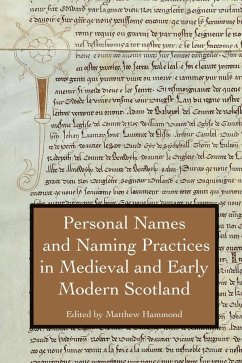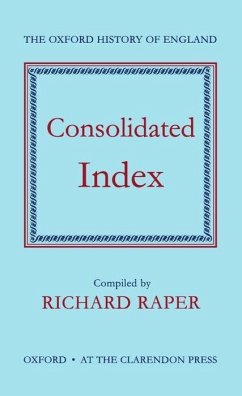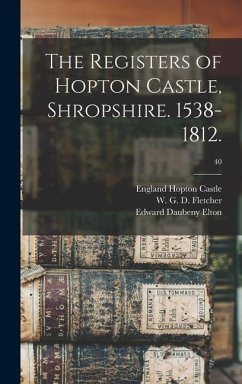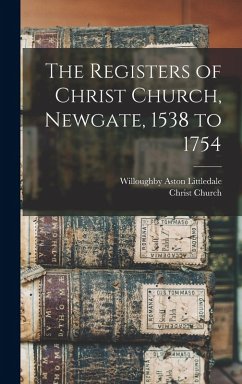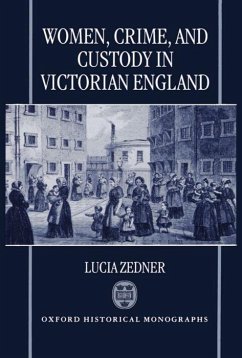
Names and Naming Patterns in England 1538-1700
Versandkostenfrei!
Versandfertig in über 4 Wochen
260,99 €
inkl. MwSt.

PAYBACK Punkte
130 °P sammeln!
This is a study of names given to children born in England between 1538 and 1700. Drawing on statistical data from forty English parishes, Scott looks at the most commonly used names, how children came to be given these names, why they were often named after their godparents and parents, and how social status affected the names chosen.
This book contains the results of the first large-scale quantitative investigation of naming practices in early modern England. Scott Smith-Bannister traces the history of the fundamentally significant human act of naming one's children during a period of great economic, social, and religious upheaval. Using in part the huge pool of names accumulated by the Cambridge Group for the History of Population and Social Structures, he sets out to show which names were most commonly used, how children came to be given these names, why they were named after godparents, parents, siblings, or saints, and how social status affected naming patterns. The chief historical significance of this research lies in the discovery of a substantial shift in naming practices in this period: away from medieval patterns of naming a child after a godparent and towards naming them after a parent. In establishing the chronology of how parents came to exercise greater choice in naming their children and over the nature of naming practices, it successfully supersedes previous scholarship on this subject. Resolutely statistical and rich in anecdote, Dr Smith-Bannister's exploration of this deeply revealing subject will have far-reaching implications for the history of the English family and culture.



